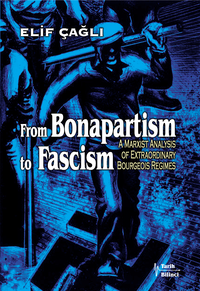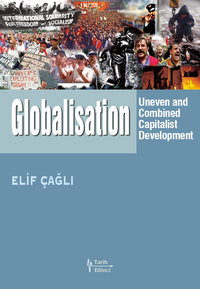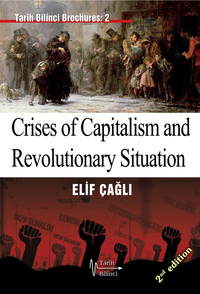Authoritarianisation and the Role of Ideological Apparatuses
Marxism explained that the basic determining factor of a mode of production is, in the last analysis, the economic base. With this achievement the need and importance of studying productive forces and production relations that constitute the base in order to understand the traits of different modes of production came to light. Every single mode of production, or in other words, every single socio-economic formation, is consisted of the unity of the economic base and ideological superstructure rising above the economic base, which encompasses diverse realms such as state, politics, law,...







